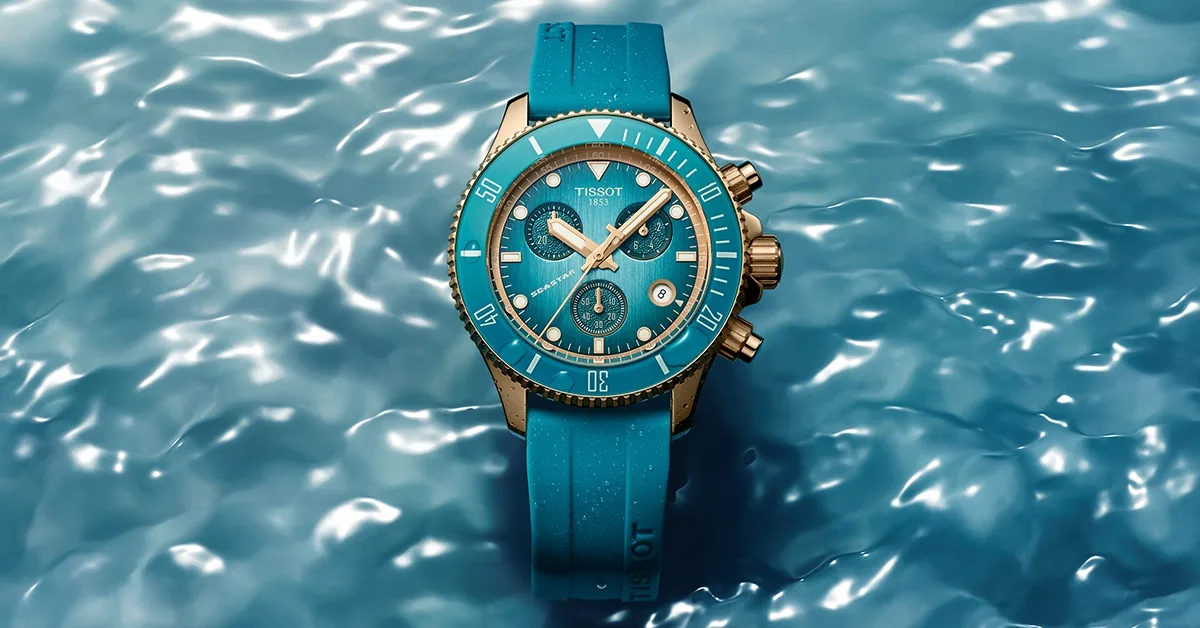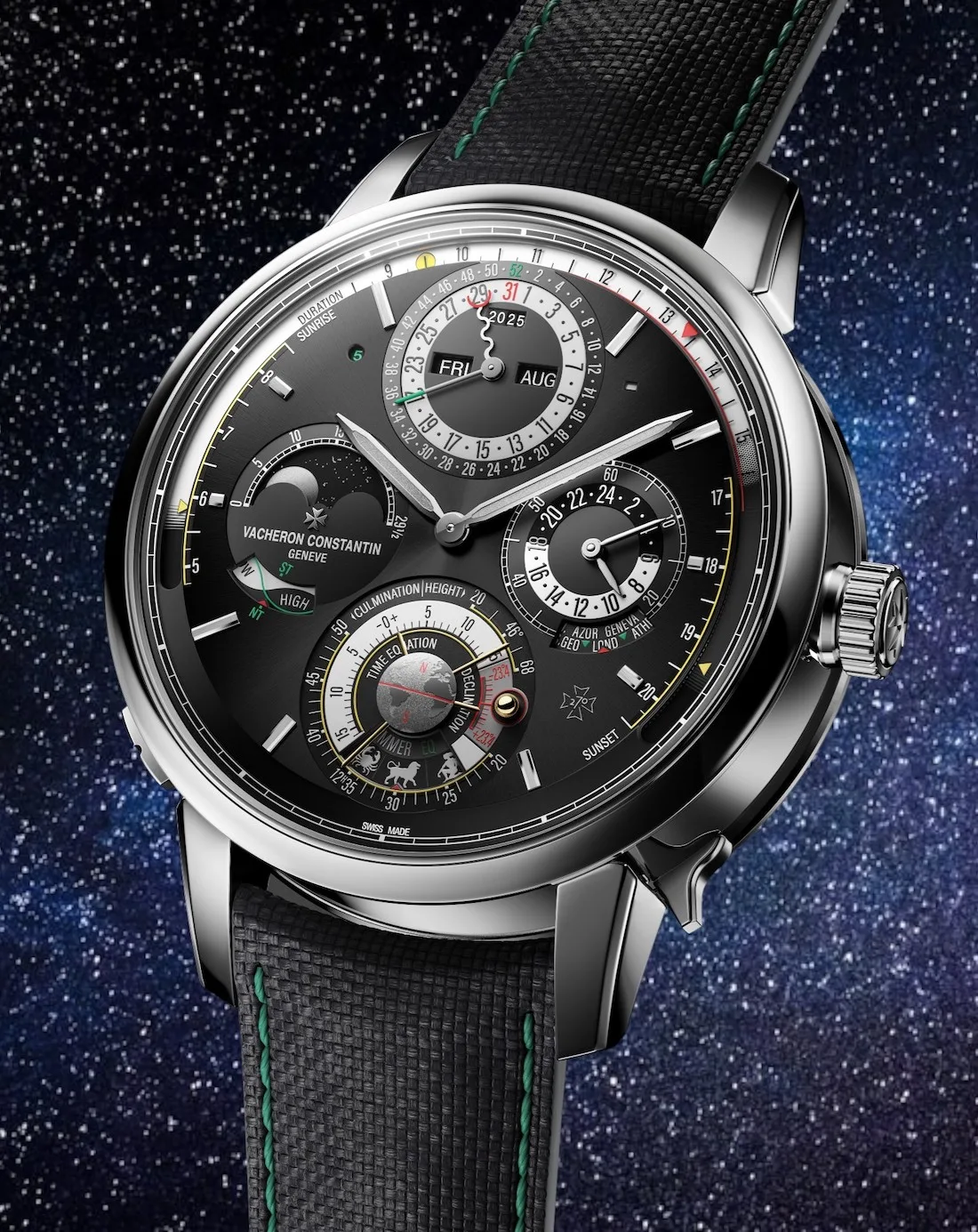The former front man of the multi-million selling British band Keane decided to fly solo and last year published his critically acclaimed album The Wave. Described as “incredibly beautiful” and “anthemic” by the media, this album has proven that Tom Chaplin is a consummated artist. In this interview, we go beyond the music, in search of the man behind it.
Q: Did you grow up loving music? Who taught you to love music?
A: I loved singing and making up songs as far back as I can remember. By the time I was 7 I was in school plays, recitals and carol services. As I got older I got more and more into pop music. There were several music teachers who encouraged this part of me. My friend Tim Rice-Oxley (of Keane) taught me how to play chords and write songs. I also got fully immersed in the technical side of recording – I bought a Foster 4-track as a teenager and would spend hours tinkering with weird and wonderful sounds. They probably sounded terrible but my love affair with making records was underway.
Q: Your first band, The Lotus Eaters, formed in 1995 with your friends Dominic Scott, Tom Rice-Oxley and Richard Hughes. At the time it was simply a cover band, but all that changed in 1997 when the name changed to Keane and you became the lead singer. What precipitated those changes? Did you know by then that music was your career?
A: I think a lot of teenagers start bands, although they are often short-lived affairs before deciding on a “proper job”. It was different with Keane – we loved each other’s company and we felt like the band was the best way of expressing ourselves as people. In the early days, Tim, Dominic and myself all wrote and sang. This changed in the early 2000s when it became clear that Tim was writing incredible tunes and my voice really developed. Even though it took us a bit longer to get a record deal, we had a lot of faith in the strength of that combination. We also worked in a fair few different jobs and realised that nothing could touch the profound fulfillment of making music as a band.
Q: You have had your ups and downs with substance abuse. I understand that whilst working on your solo album you went through a particularly challenging period. What was what finally made you pull through?
A: In the early stages of writing my solo record my life completely unraveled. It was a very sad and scary time because my daughter had just been born and I had lost all sense of who I was. By the end of 2014 I was basically running away from myself and from everything that was important to me. It’s hard to pinpoint exactly what changed it all – I think it was a number of factors though. I took myself to a dangerous place and I think I got very scared. I realised that I was going to lose everything unless I turned things around. Despite the chaos, I did keep going to my therapist through those dark times – I think the fact that I kept that sacred was an indication that there was a part of me that wanted to fight to get well.
Q: The Wave, your debut solo album, has received high praise by both critics and the media. How long has been this album in the making? Where did you draw inspiration from?
A: The album is my story. It’s about going from a dark and lonely self-imprisonment to a place of redemption and happiness. I think it’s a very human story – we all experience these periods in our lives. The thing that was interesting to me was documenting how one emerges from that darkness – the reparation of the relationship to yourself and those around you.
Q: Which are your strongest musical influences? What other forms of art influence your work?
A: I’m a sucker for epic, beautiful and haunting melodies – I think my voice has always lent itself well to that style; so people like McCartney, The Blue Nile, Rufus Wainwright. I’m also obsessed with great lyricists – people like Lennon, The Divine Comedy, The Smiths. You can say so much in a song! I’m very particular about honing every word and phrase in the songs I write.
Q: What factors outside music play a role in your creative process?
A: I’m very interested in what makes human beings tick. I’ve done a huge amount of therapy over the years, exploring who I am and how I view those around me. I’m fascinated by what goes on underneath the surface for me and for other people. So often we present an image of ourselves that isn’t authentic. I’m fascinated by that contradiction. I honestly believe that a lot of the world’s problems relate to our inability to be open and vulnerable.
Q: In your professional and personal journey, how important has been your family?
A: When I was in self-destruct mode, the realisation that I could lose my family was the most terrifying prospect. It was the single biggest thing that brought me back to sanity. Now I’m able to enjoy my life with them and we have endless fun and happiness together.
The arrival of your daughter probably changed your life in more ways than you could ever expect. Could you share with us how the experience of being a dad is changing you?
It makes you less selfish. It makes you relieved to know that you are no longer the most important person in the world. It’s bloody tiring but it is, without question, entirely worth it.
Being on tour must often feel very lonely. Are you worried it would be easy to go back to the dark times when you are on the road? What are your “crutches”? Do your family travel with you?
I’m more worried about being at home than on tour, where I have structure and purpose. The most dangerous times for me are when I’m left to my own devices. But, in all honesty, I feel very strong when it comes to that dark part of myself. I know it’s there and it’s a powerful force and I know how ruinous it would be to invite it back in.
Q: What are your plans for the rest of the year?
A: I’ve got big plans but I don’t want to ruin the surprise!
Q: Are you thinking of your next album yet?
A: Yes.
Q: Last, I believe you love golf, football and cricket. When do you find time to pursue these hobbies? How important is sport in your life?
A: Fishing, don’t forget fishing. I go to France to try and snare monster carp for several weeks of the year. Basically I like things that are the opposite of what I do with the rest of my time. Anything that puts me in touch with nature or has a physical element to it (football twice a week) is a blessed relief for the permanent dialogue in my head and the stresses of life.

















Show Comments +